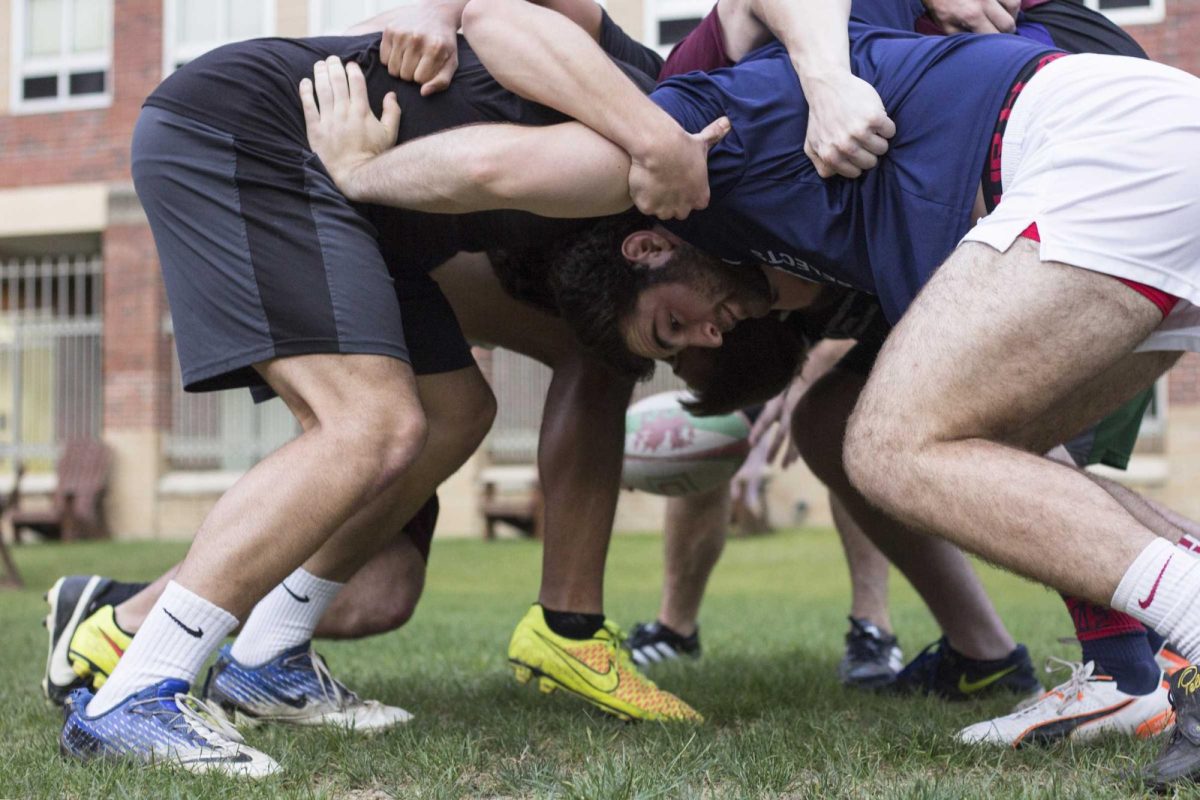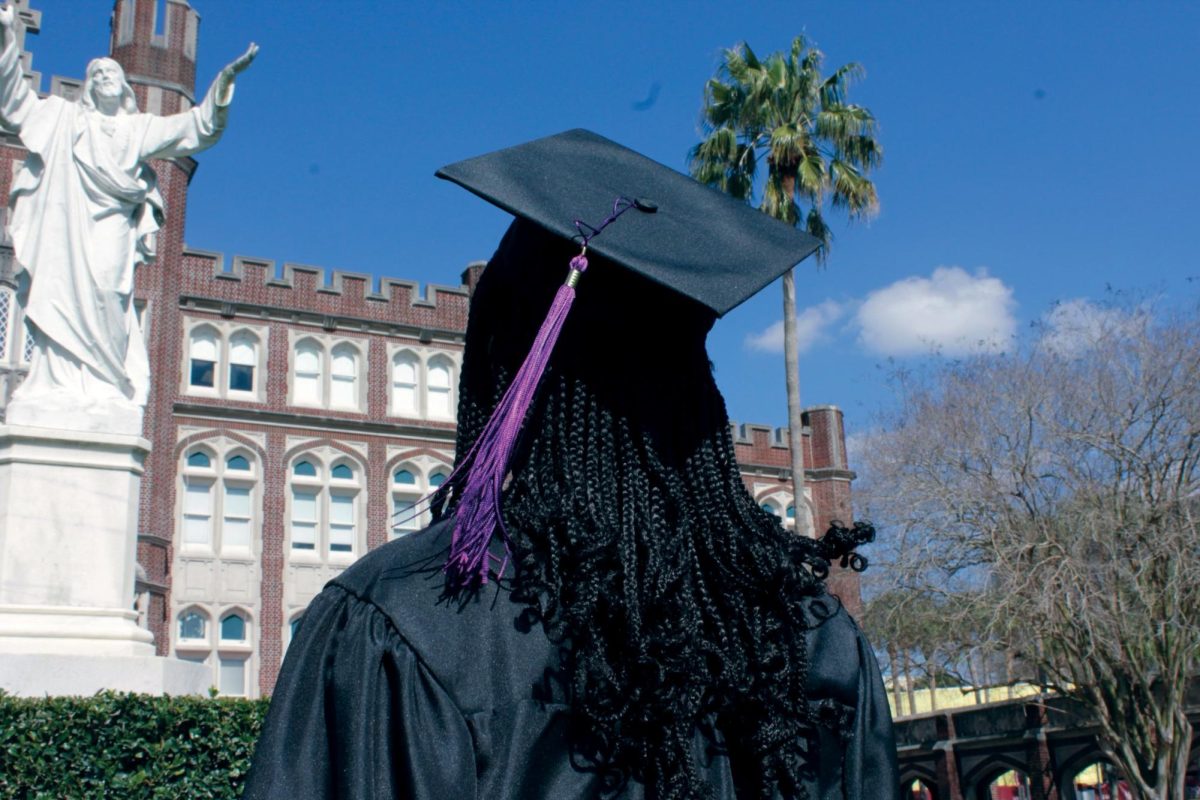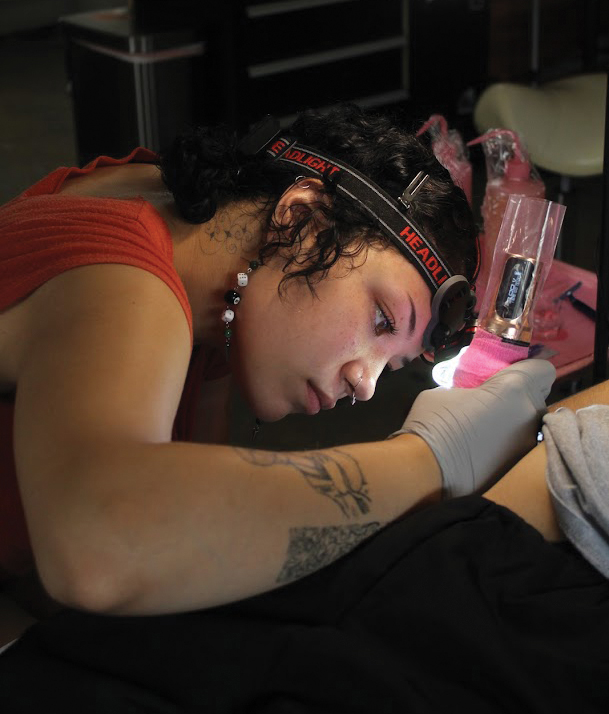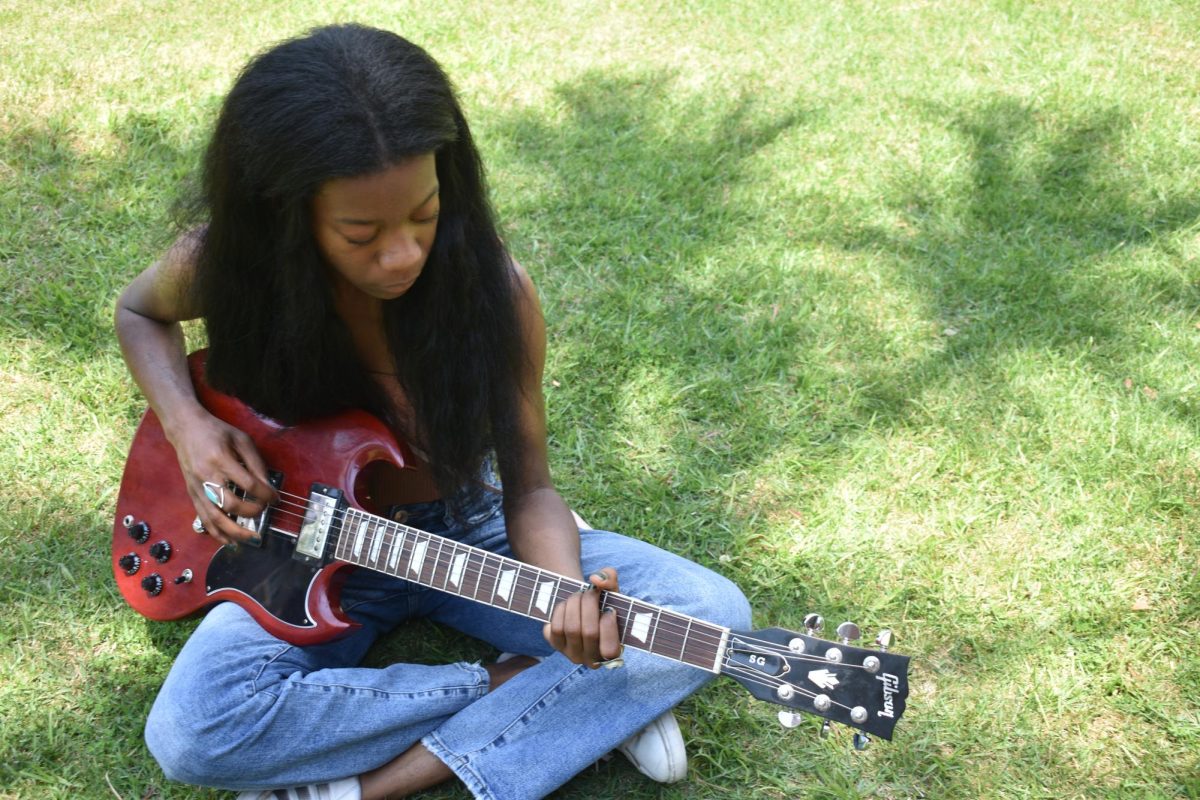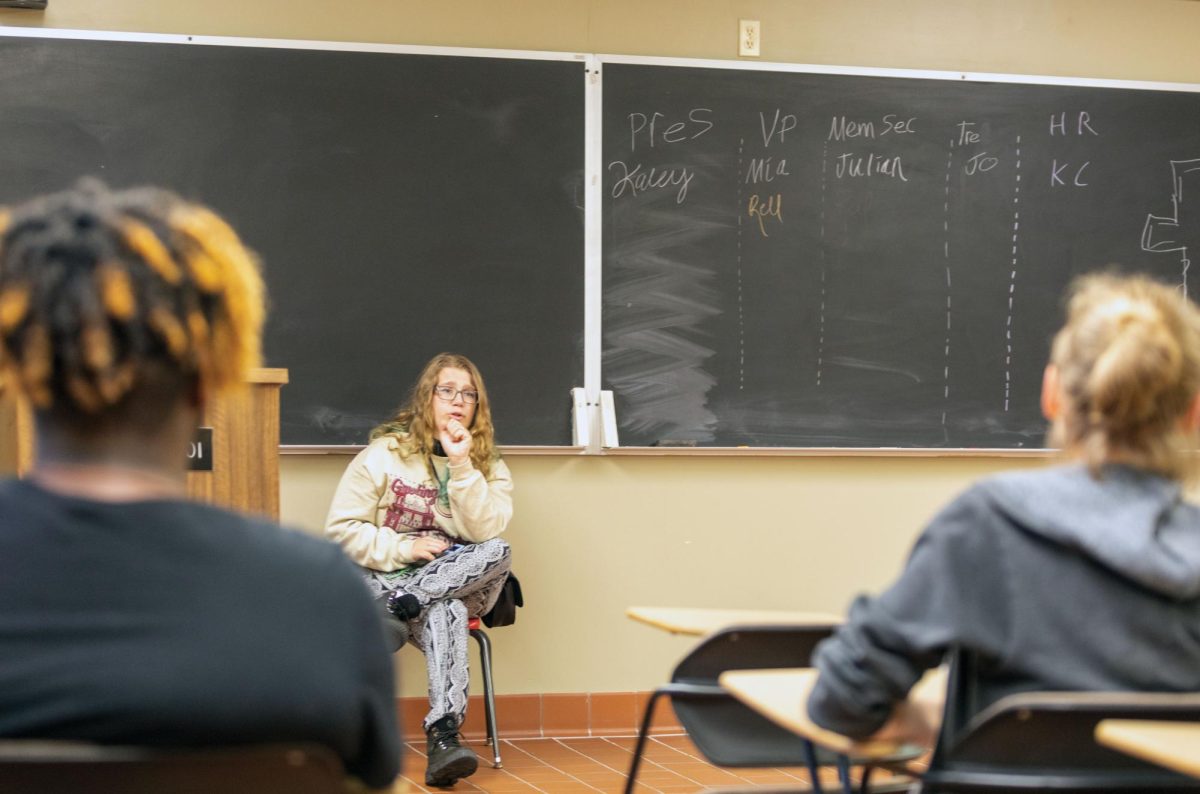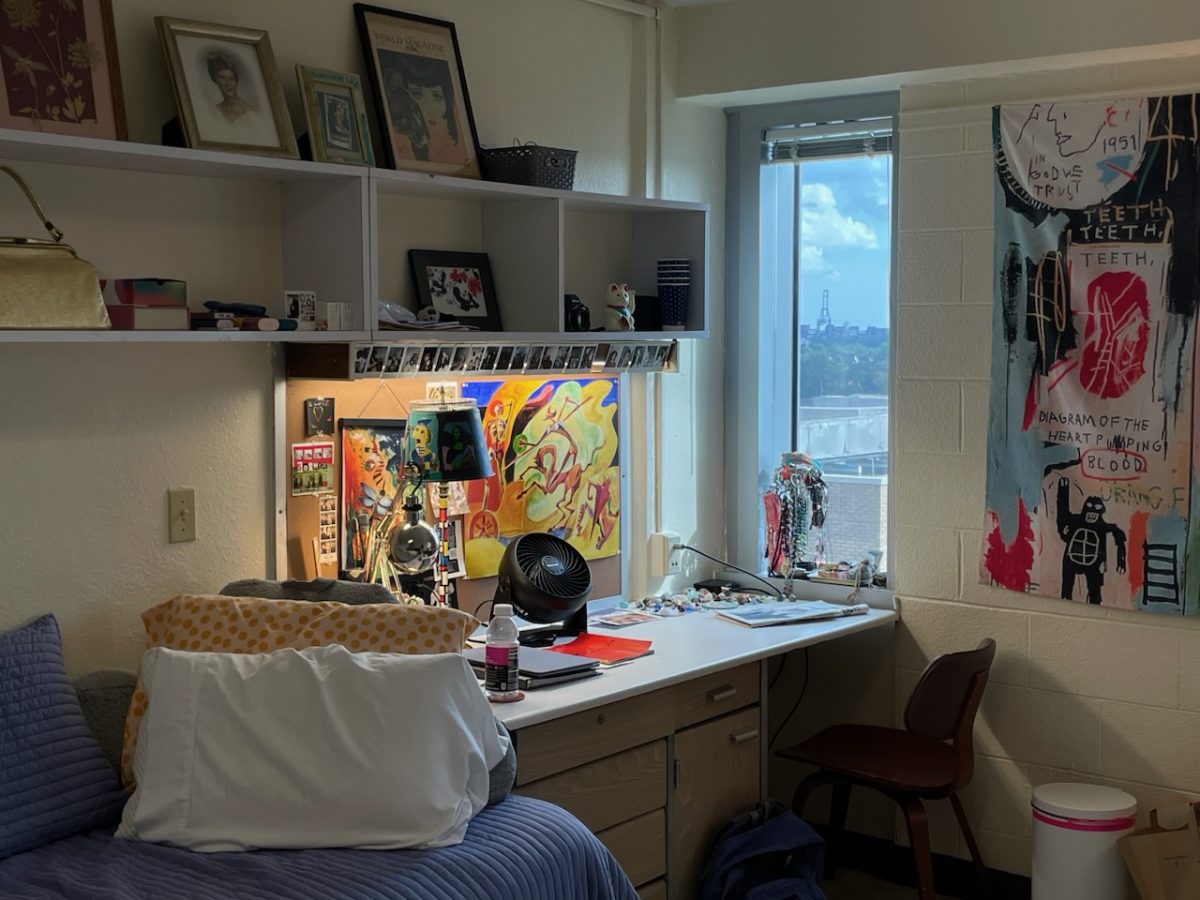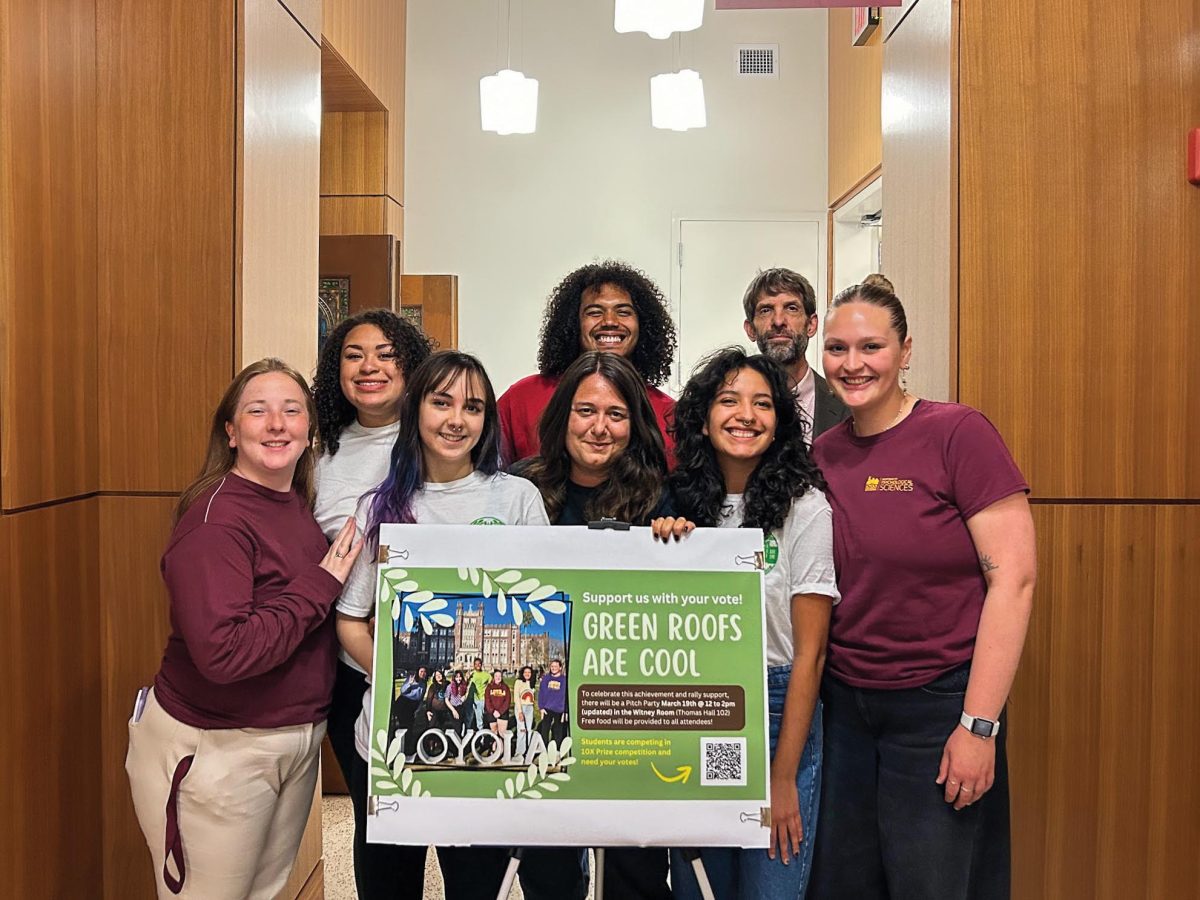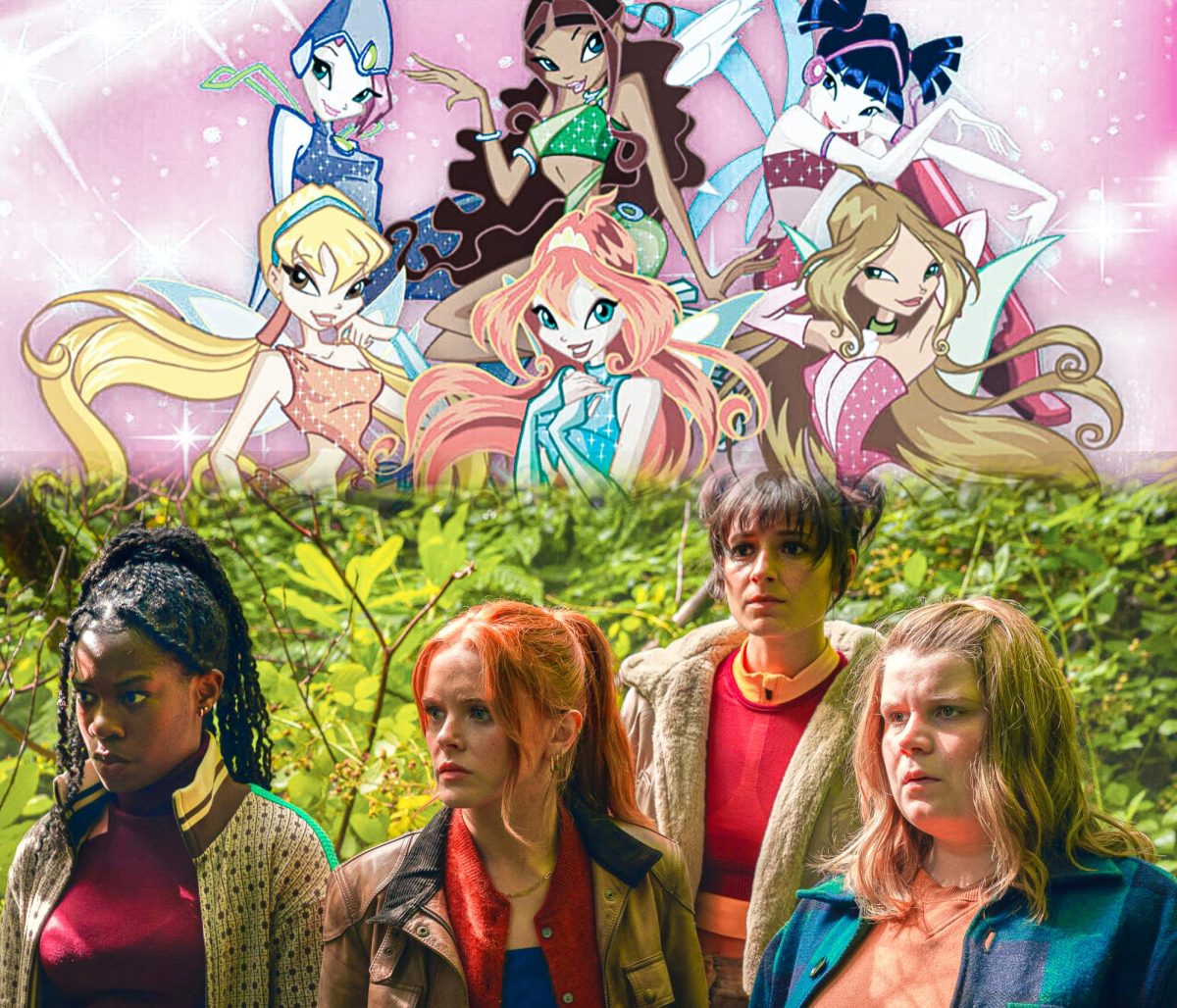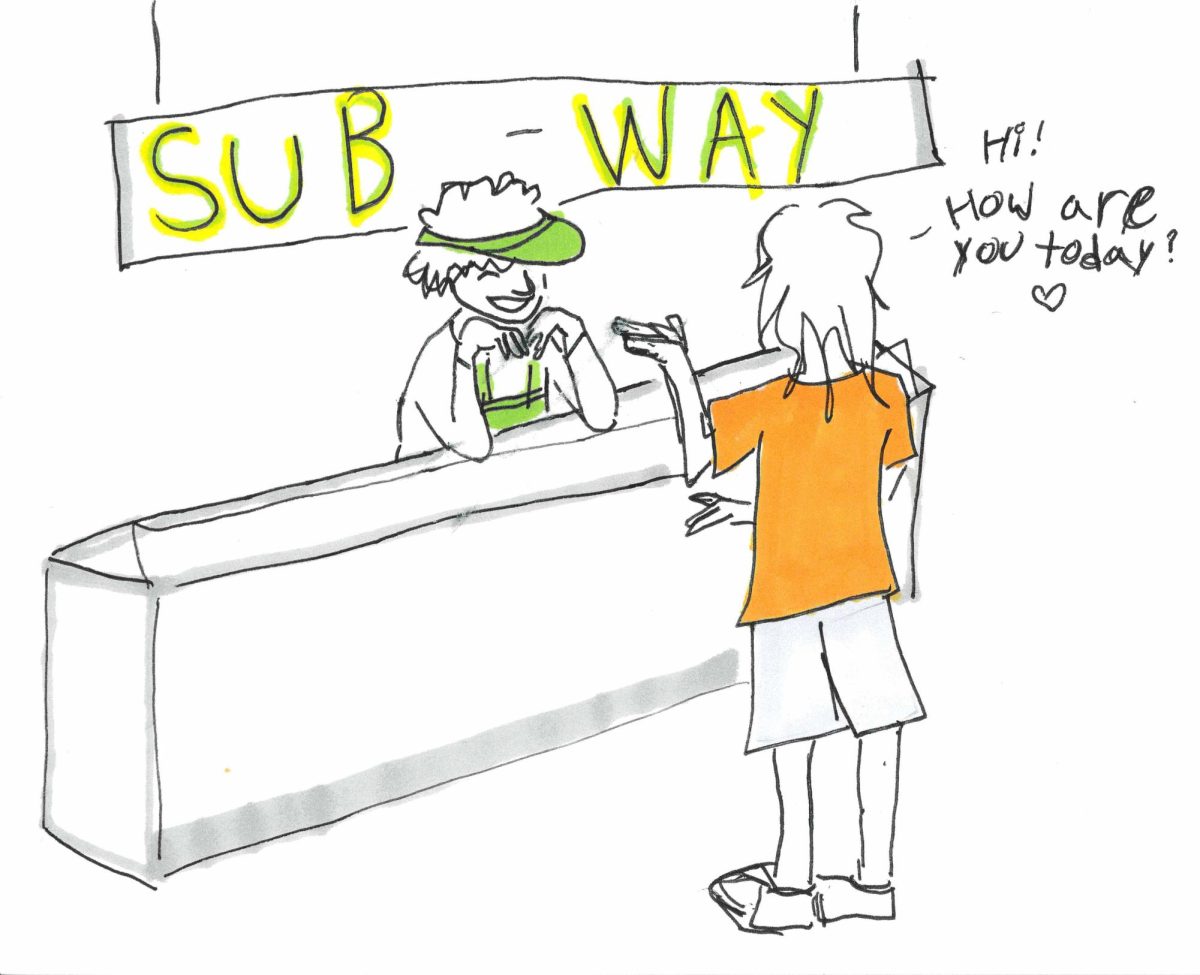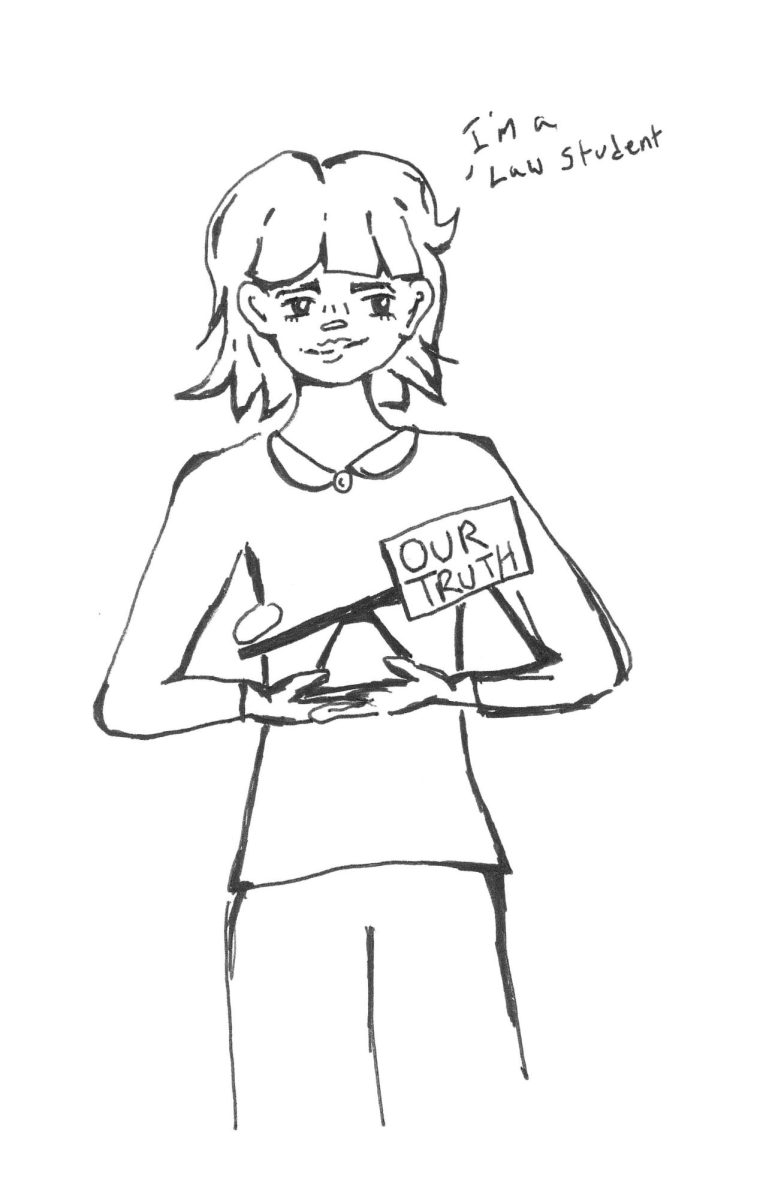In the last few weeks, there have been two high-profile lectures on race, racism and privilege on both the Loyola and Tulane campuses that many Loyola students were able to take advantage of. Despite the fact that we live in a culture that clings to an ideology of colorblindness and avoids racial discourse, the lectures by Tim Wise, an anti-racist activist, and James Loewen, a sociologist and bestselling author, have inspired conversation on our campus concerning racial issues. I would like to add to that conversation by encouraging us to critically interrogate the space we share: Loyola University’s campus.
Sociologists use the concept of “racialized space” to describe areas in the public sphere defined by certain cultural norms as “belonging” to one race to the exclusion of others. Because we live in a culture dominated by whites, we inevitably live and interact in public areas overwhelmingly made up of “white spaces.” According to research by Joe R. Feagin, Hermán Vera and Nikitah Imani, most college campuses, with the exception of historically black colleges, can be considered white spaces and thus, non-whites often feel unwelcome on these campuses. To what extent is this true of Loyola? Can the Loyola campus, or certain parts of it, be considered a “white space”? Do some non-whites feel unwelcome and marginalized on this campus? Do they find Loyola to be a hostile place? If so, do we have an obligation to address this perception? If so, how?
The incoming freshman class is quite diverse — with 42 percent described as “racial/ethnic minorities.” Thus, well over a third of Loyola’s undergraduate student population is not part of the white majority. Some may ask, how can a campus with such a respectable level of diversity be considered a “white space?” There are many ways well-meaning whites unintentionally contribute to college campuses being white spaces. We often say things without thinking that are offensive to racial or ethnic minorities. For example, almost every semester, a white student in my class will raise their hand and ask: why is it fair that affirmative action policies allow racial minority students to get into college with lower SAT or ACT scores than white students? While this perception is not supported by the facts, the myth persists among many students today.
I always cringe at the question, not because I cannot address it, but because I wonder, what must black and hispanic students sitting in this class think? Unfortunately, such instances probably are not the first time they have gotten the message that many whites on campus think that they are “token” admissions and not as qualified to be here as their white colleagues. While it seems every white student on a college campus seems to have heard this, I have yet to meet a student who actually knows anything about affirmative action policies or college admission policies. Thus, I remind them that college and university admissions are not based solely on GPA or standardized test scores. Admission considerations revolve around many accomplishments and talents that go beyond past academic performance.
Most college campuses today are committed to building a diverse student body in many forms and admission decisions reflect this. Indeed, every student here submitted an application packet to Loyola that included a number of variables that were used in determining their admission. Simply being a person of color is unlikely to have ever gotten someone into college and simply being white is unlikely to have ever blocked someone’s admission.
Despite the fact that conservatives claim college campuses are “liberal” bastions, racist incidents occur on college campuses regularly, from fraternities hosting parties with racist themes, such as “illegal immigrants” or “plantation night,” to nooses being hung on racial minority professor’s doors. I have not heard of these kinds of things happening here, but I do hear from white students every semester who are stunned by the racism they hear from their fellow white students — from the use of the “N” word to believing in minority inferiority to the denial of white privilege and even the belief that whites are somehow “disadvantaged” in our society today. Again, all I can wonder is how this makes racial minority students feel.
I hope we can sustain some of the momentum surrounding the Wise and Loewen lectures and continue to have these difficult discussions surrounding race, racism and privilege and how these issues manifest themselves on our campus.
Kathleen J. Fitzgerald is a sociology professor. She can be reached at [email protected]
On the Record is a weekly column open to any member of Loyola’s faculty and staff. Those interested in contributing can contact [email protected]








